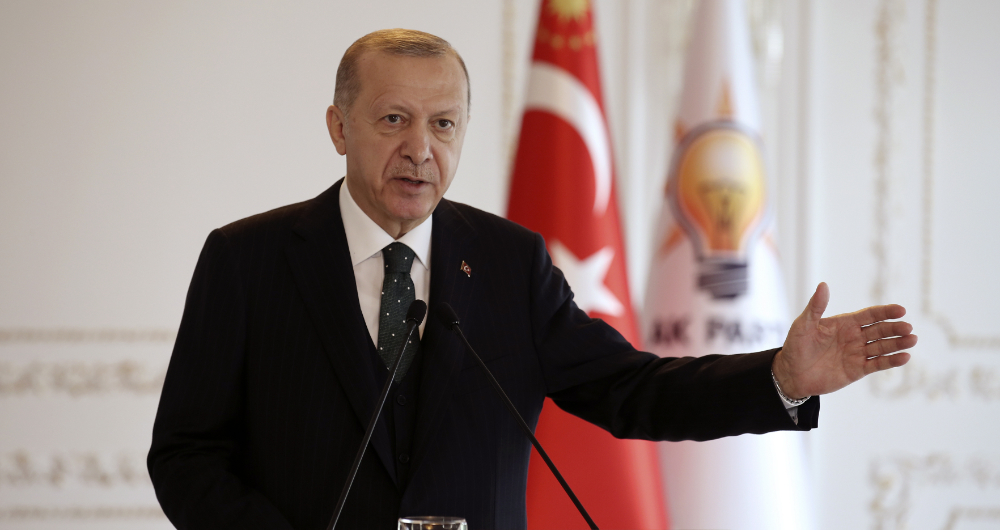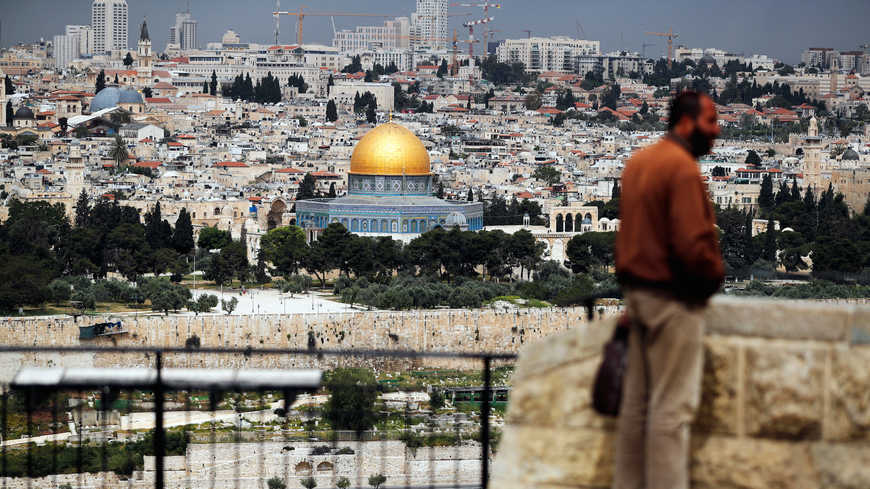Lebanese Parliament recommends forensic audit of all state institutions
BEIRUT: The Lebanese Parliament discussed on Friday a letter from President Michel Aoun requesting assistance in the forensic audit of the Banque du Liban’s accounts.
The request overthrew the contract that the Lebanese government signed with the restructuring consultancy Alvarez & Marsal to conduct an audit of the central bank’s accounts. This is because the Banque du Liban is reluctant to provide information to the firm as it contradicts the Monetary and Credit Law and banking secrecy law.
At the end of the session, members of Parliament endorsed a recommendation that “the accounts of the Banque du Liban, ministries, independent interests, councils, financial institutions, municipalities and all funds undergo a forensic audit in parallel without any hindrances and without invoking banking secrecy or anything else.”
The debate in the UNESCO hall reflected a division between the parliamentary blocs. The Progressive Socialist Party, the Amal Movement, and the Future blocs supported “a comprehensive audit of all institutions,” while the MPs of the Free Patriotic Movement and the Lebanese Forces insisted on “auditing the accounts of the Banque du Liban first.”
The division was reflected in two bills, one of which was submitted by the Lebanese Forces bloc, suspending the banking secrecy law for one year, to be effective from the date of publication of this law in all matters related to financial audits and/or criminal investigations decided by the government on the accounts of the Banque du Liban. The bill of the Amal Movement MPs expands the scope of the forensic audit to include “all ministries, institutions, departments, funds, and councils without exception, discretion, changeability or maliciousness.”
The Hezbollah bloc appeared to be the most embarrassed bloc among its two allies, the Amal Movement and the Free Patriotic Movement. The head of the bloc, MP Mohammad Raad, said during the session: “We support the forensic audit of the Banque du Liban, and we agree that the audit will be conducted in all public institutions, and we propose to endorse the temporary suspension of banking secrecy.”
FASTFACT
The Hezbollah bloc appeared to be the most embarrassed bloc among its two allies, the Amal Movement and the Free Patriotic Movement
MP Wael Abou Faour said after the session: “President Aoun tried to hold Parliament responsible for the failure to conduct a criminal investigation, and Parliament responded by endorsing the recommendation to audit all state departments without exception.”
The Free Patriotic Movement opposed auditing the accounts of the Energy Ministry, which bears half of the country’s public debt. It insisted on auditing the accounts of the central bank. Secretary of the Strong Lebanon bloc, MP Ibrahim Kanaan, said: “The people of Lebanon have the right to know the fate of their deposits.”
Future MP Samir Al-Jisr said: “Hassan Diab’s Cabinet had endorsed the forensic audit and limited it to the central bank’s budget, profit and loss account, and the level of reserves available in foreign currencies. It was not possible to automatically apply the audit to all the state’s ministries, departments, institutions and agencies. However, with Parliament’s endorsement of the recommendation to include in the audit all the state’s ministries, departments, agencies, and institutions, in addition to the Banque du Liban, and turning the recommendation into a law, a financial and forensic audit becomes mandatory.”
Activists from the civil movement lobbied MPs to find out the fate of the money deposited in Lebanese banks. They distributed leaflets to passersby and cars, demanding the right to know the truth about the accounts of the Banque du Liban.
The security forces and a number of protesters clashed, injuring a number of those involved, and the Red Cross transferred them to a hospital in the capital.
Another group of the civil movement staged a sit-in outside the office of the UN Special Coordinator for Lebanon, Jan Kubis, in Baabda. The group delivered a message to Kubis declaring the civil society’s rejection of “a state within the state and illegal weapons” and calling for “the possession of weapons and decision of war and peace to be under the control of the Lebanese state alone.”
The group said: “Hezbollah, which controls the functions of the state, is the main reason for the political, financial, economic, health, and education collapse as well as the isolation of Lebanon from its Arab and international surroundings.”


Hundreds of Syrians exit Lebanese town over tensions: UNMaradona of Aabdine, Lebanon? Looking back at the TV show that revealed it



